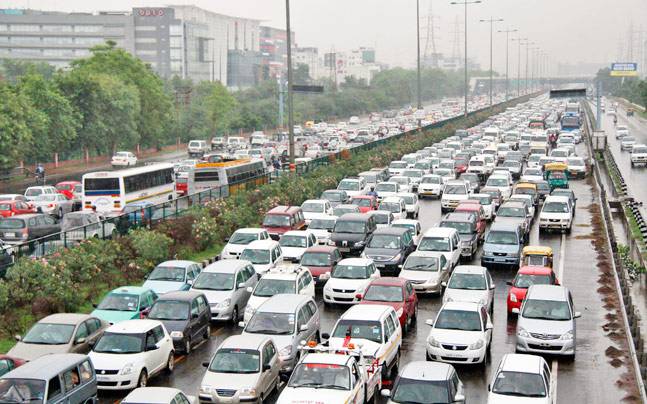Car ownership seems to be under some sort of duress. This happens to be a fact. Moreover, this cannot be ruled out as a one-time random occurrence or for that matter, something sudden that may phase out as quickly as it arrived. Because had car sales been perfect across India then leading car makers in the bygone month of August would have not complained about reporting double-digit losses. So, what can’t be denied is the fact that something of a lasting snag seems to have afflicted the automobile sector and therefore, the car ownership, in the more recent times have been affected.
Furthermore, for the longest time, there have been talks that the automobile sector would be impacted by the rise in electric cars, truth be told, a revolution of sorts that is yet to consume everything in its wake.
In addition to the above, the automobile sector, many believe would be impacted adversely if diesel and petrol vehicles would be banned for good. Estimations regarding how sooner would the aforementioned be implemented have been written about for quite some time.
But just when there grew concerns that there may no longer be any diesel or petrol-fuelled vehicles running on the Indian roads, the Transport Minister Mr Nitin Gadkari has offered an interesting reality check.
Mr Gadkari shared that diesel or petrol vehicles won’t be getting banned anytime soon. The Government, offering much-needed clarification in the matter shared that the automobile sector currently finds itself at a curious crossroad with reference to the Internal Combustion Engine (ICE) and the evolving rapid transition to the EVs (Electric Vehicles).
That more and more brands are gearing toward pioneering an electric revolution of sorts in the world’s largest democracy is more than a glowing pointer on a PowerPoint slide. This is happening for real.
“The government has no intentions of banning the production or stopping the existing petrol and diesel-fuelled vehicles.
People had apprehensions about buying ICE vehicles and we are not going to take any such step,” shared Mr Nitin Gadkari in his interaction with the media recently.

That said, he did highlight a few factors that have added on to the existential crisis facing the automobile sector here in India. If he’s to be believed then the crisis facing the automobile sector is a three-fold issue.
But just what is it? Let’s find out:
1) Import of Crude
2) The rising state of pollution across the country, much of which is down to the fact that vehicular pollution is a constant menace leading to several physical and physiological ailments
3) The rising number of road accidents
In addition to his statements above, Mr Gadkari made a measured and interesting assessment of the current spate of challenges that have gripped India. He would go on to add the following:
“Firstly, we are aware of how importing crude is impacting the economy. The imports have crossed Rs 7 lakh crore. Pollution is our second big challenge, which is affecting the entire world. The automobile industry is just not the reason behind the pollution. Reducing pollution is of national and social interests. Thirdly, we wanted to address the issue of road accidents.”
But that said, what is important for the government is to find a long-term, sustainable solution rather than a quick-fix approach to end the crisis confronting the automobile sector, which famously generates hundreds and thousands of jobs and is a relevant contributor to the third-largest economy in Asia.
While surely the Finance Minister is taking some key measures to assist the fledgeling Automobile sector, what remains to be seen is that to what extent can the electrification of cars and the revolution this bold move seeks to create free a conflicted area from its share of problems?


